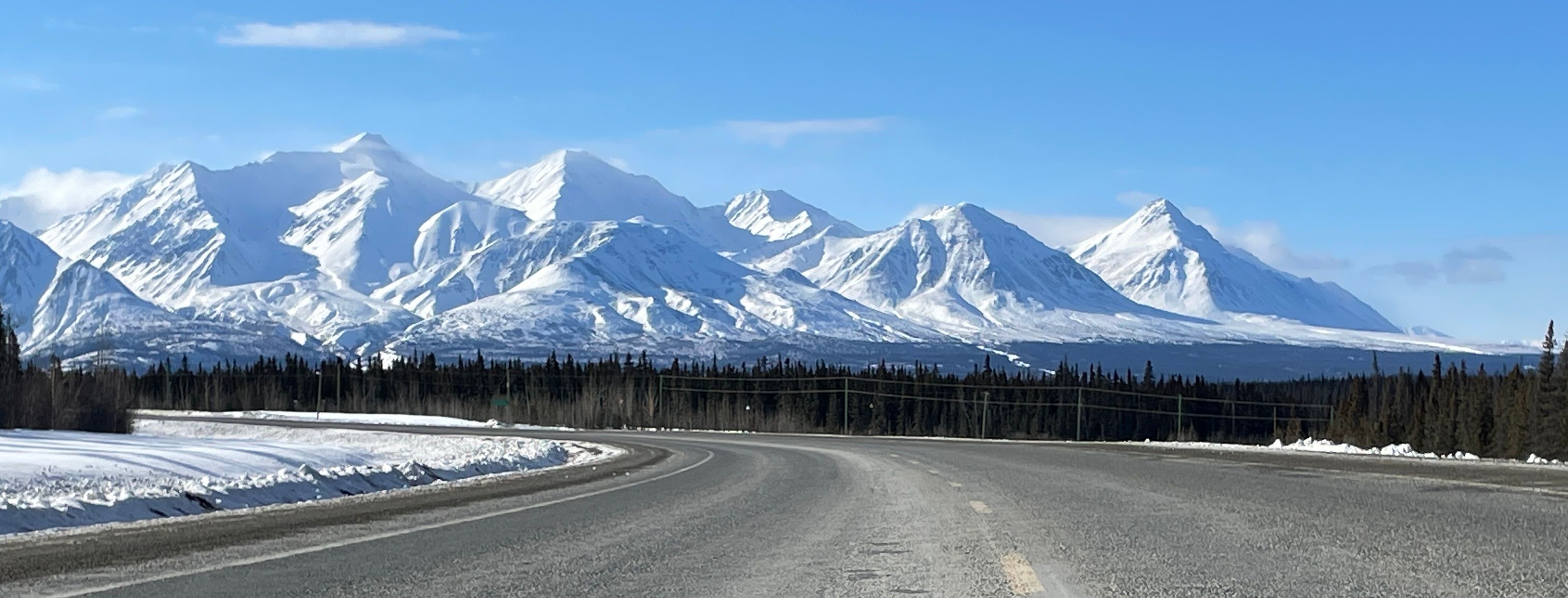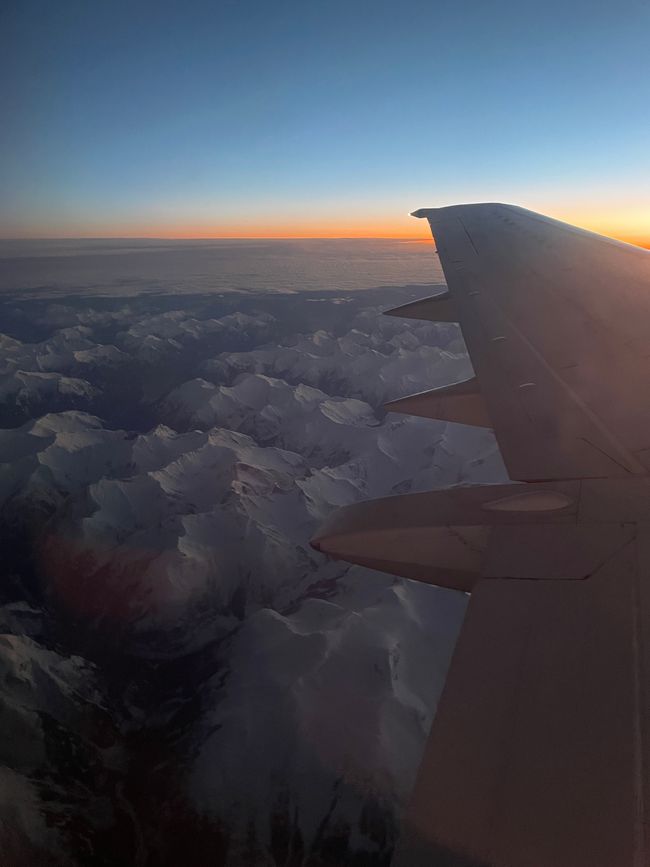08.29.-05.09. - La Paz, Bolivia
Çap edildi: 11.09.2023
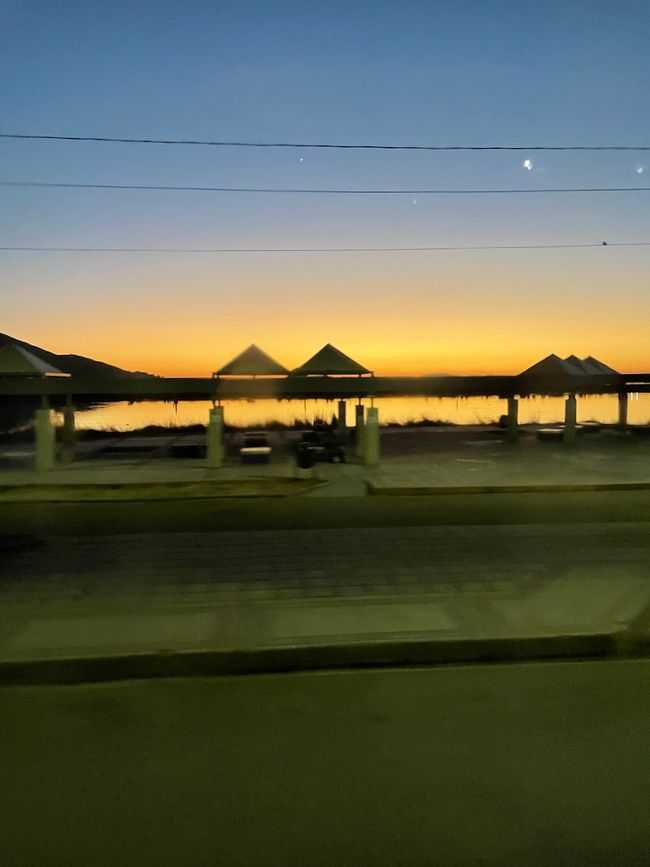
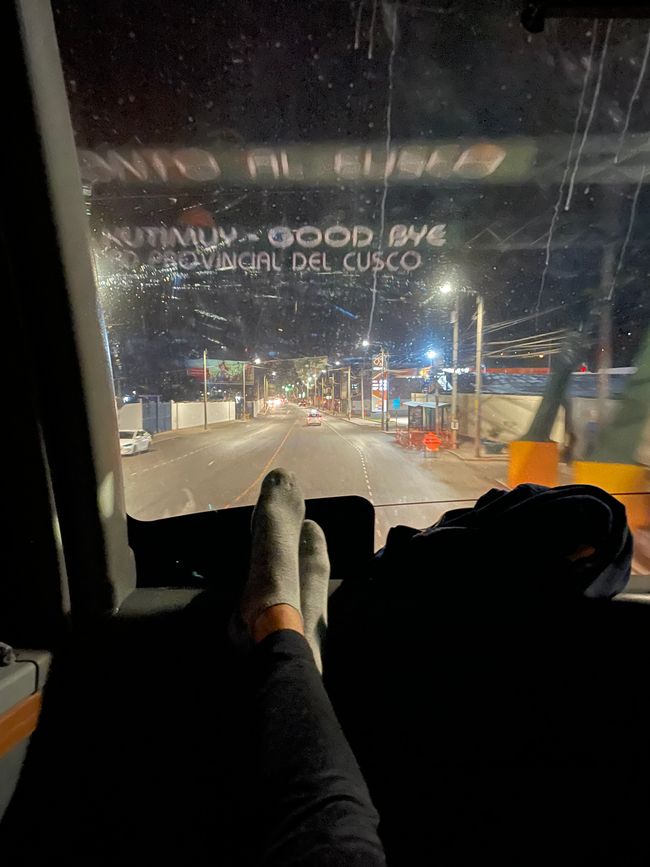
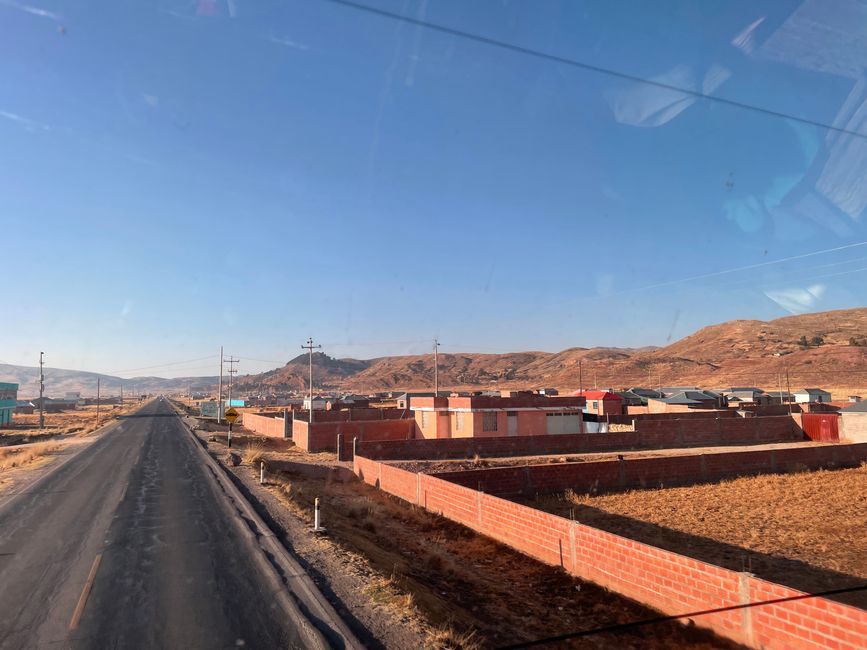
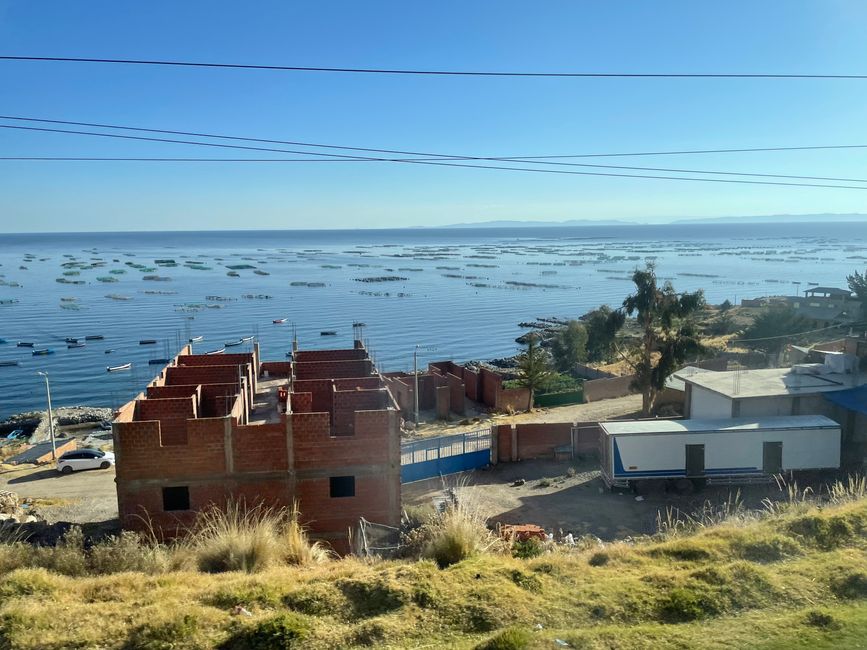
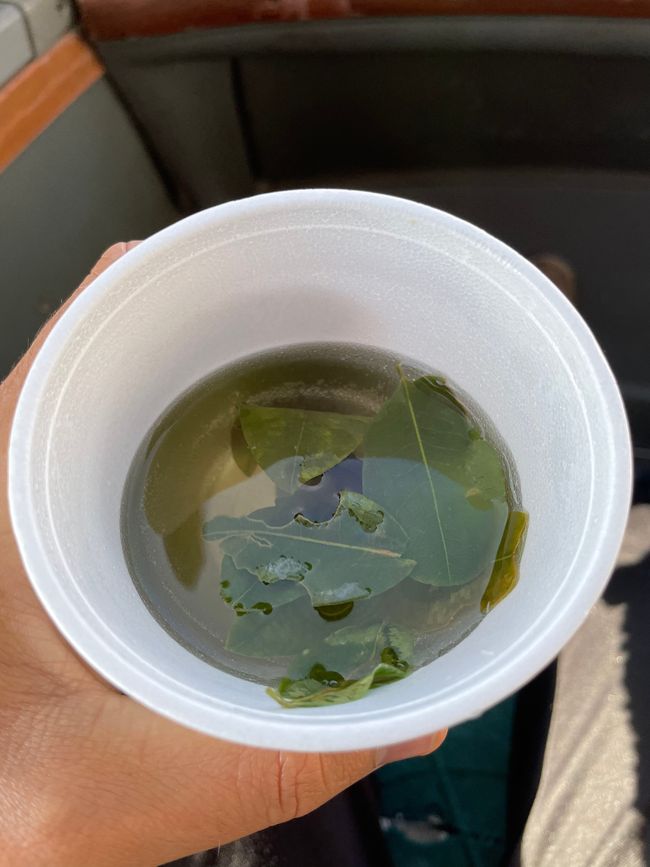
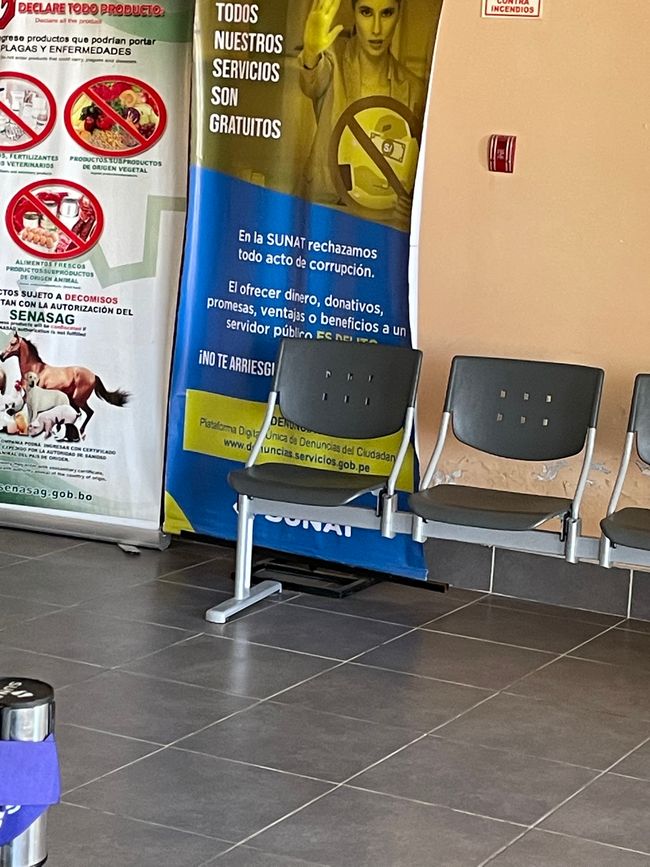
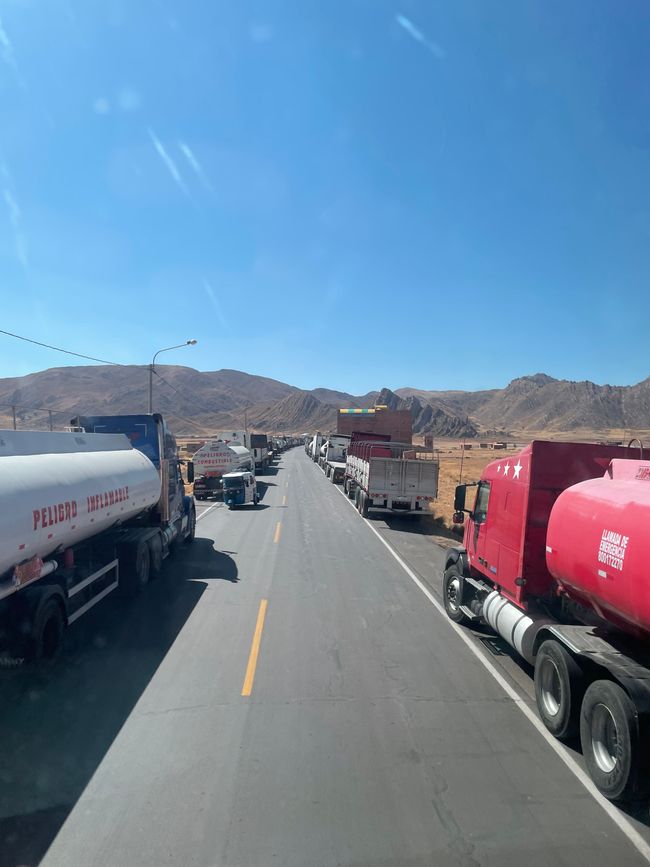
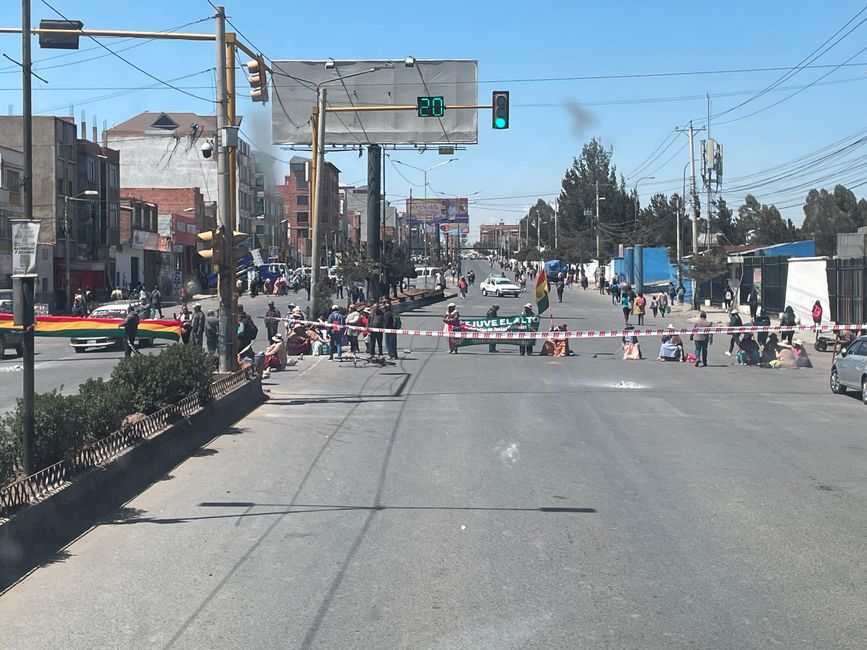
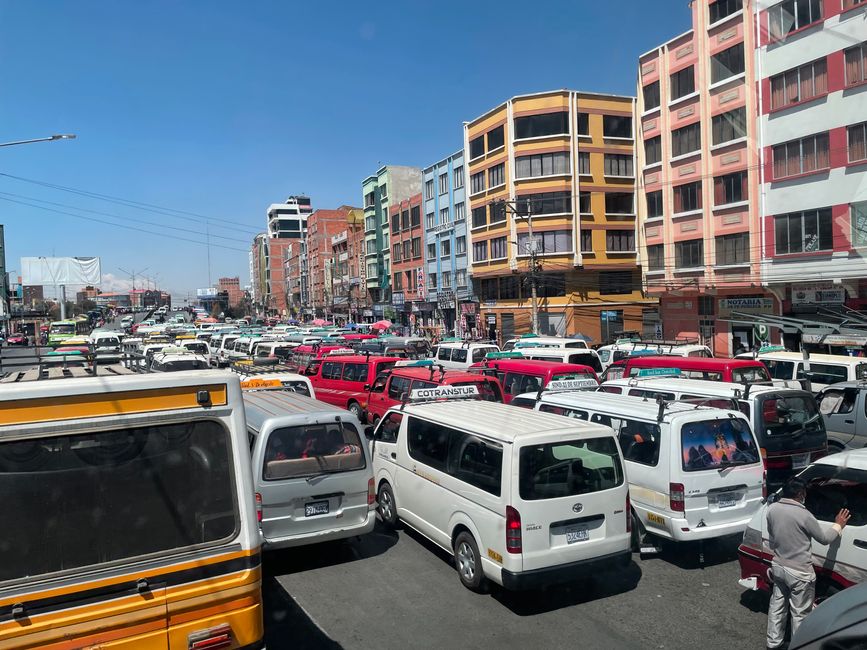
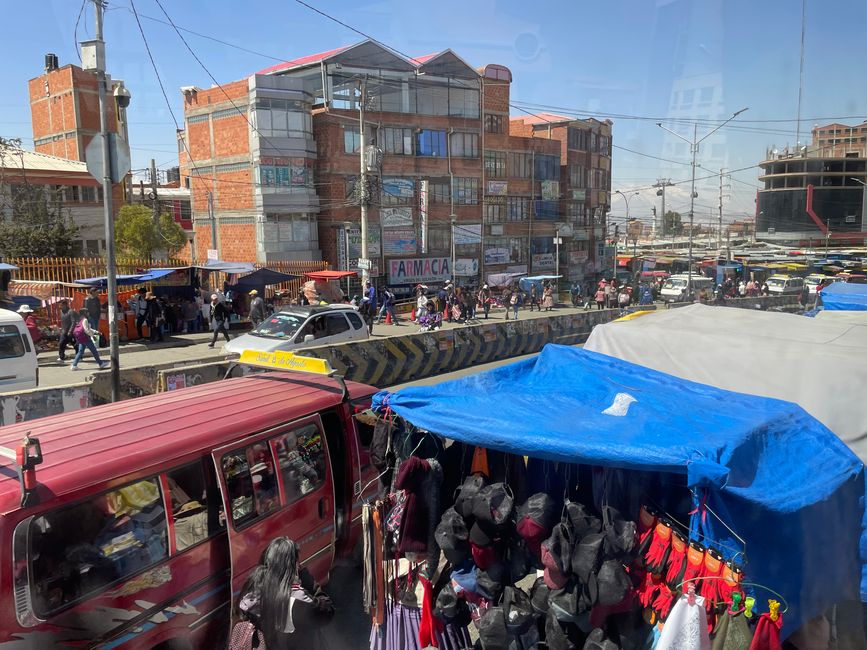
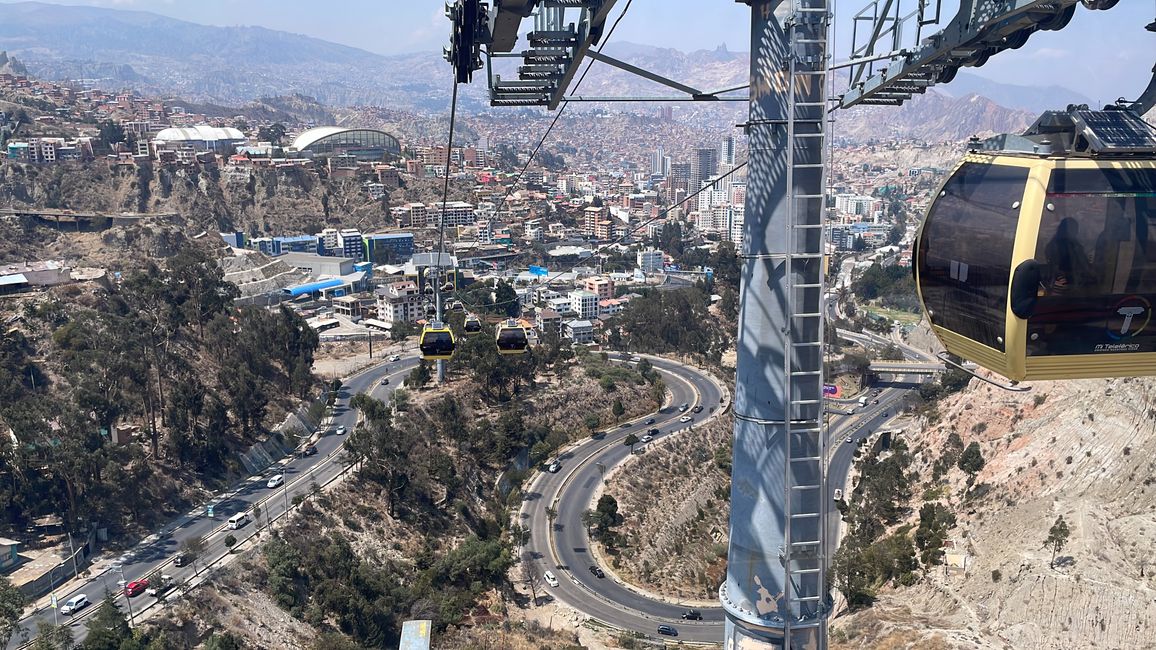
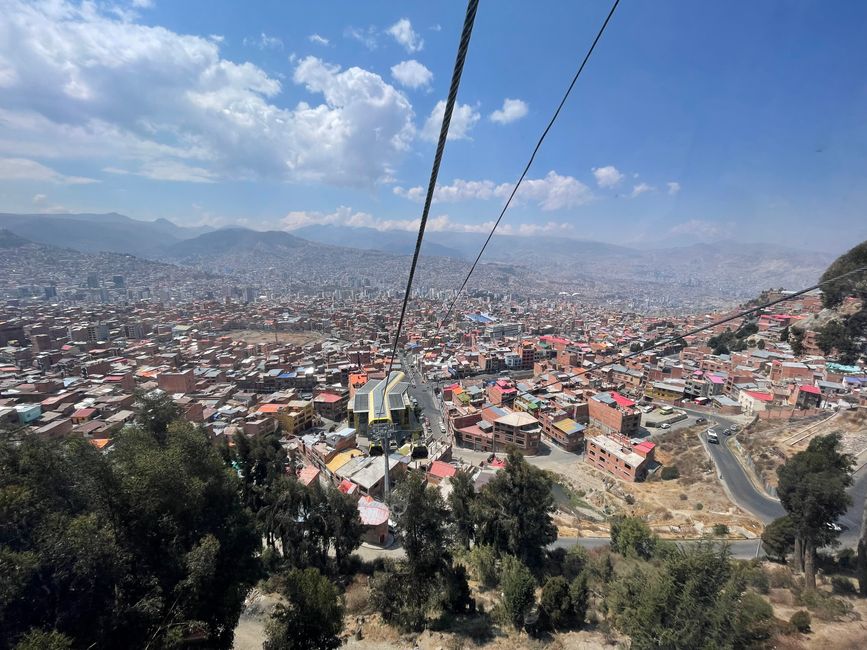
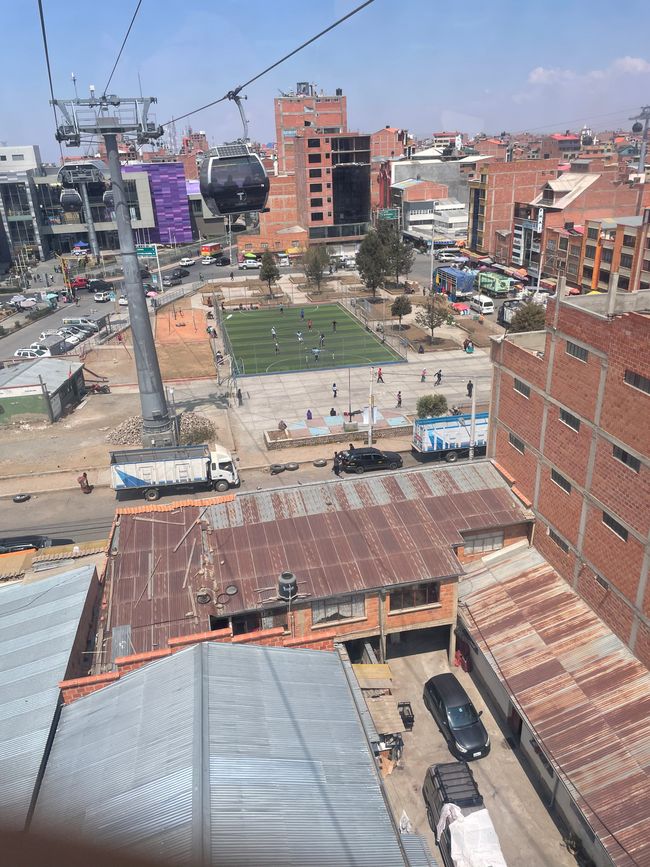
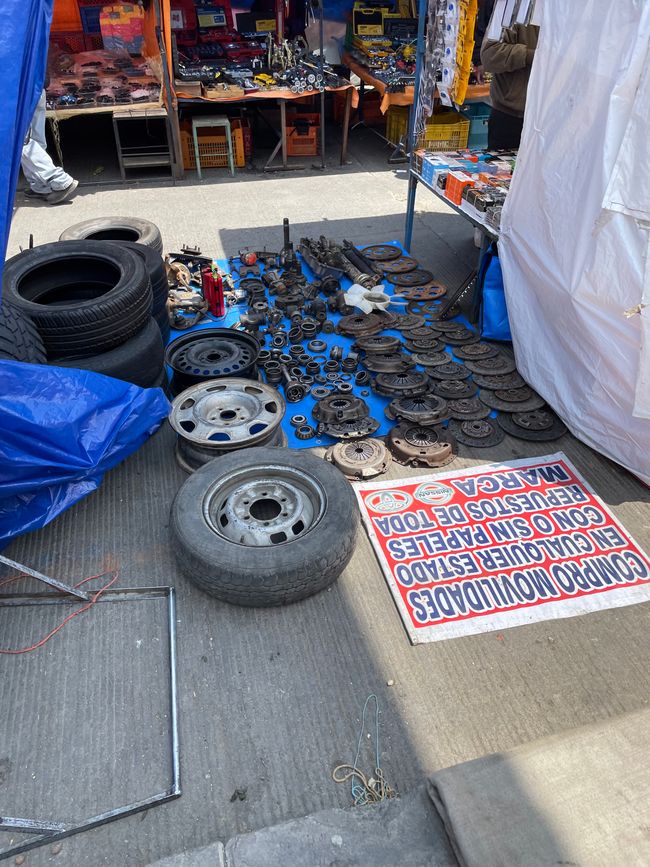
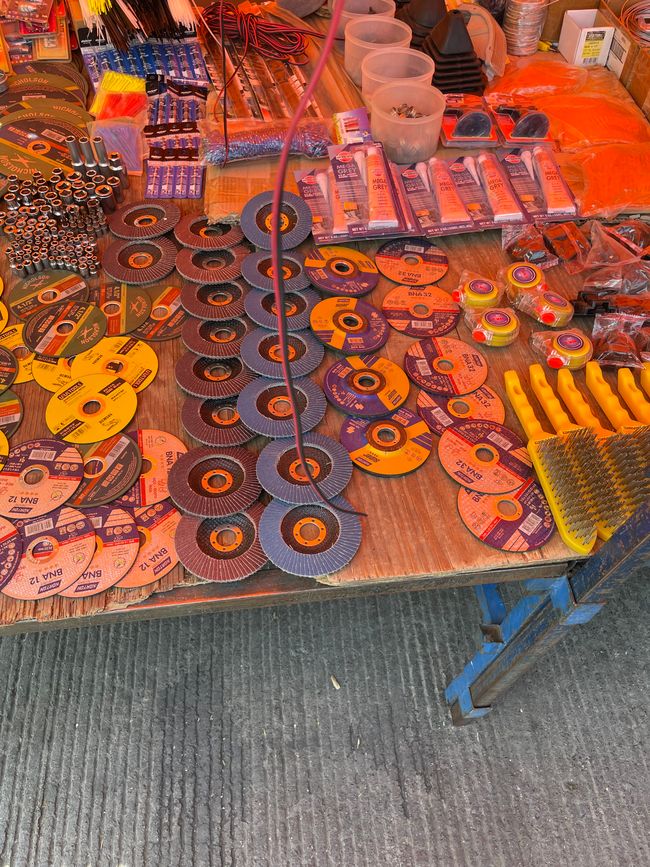
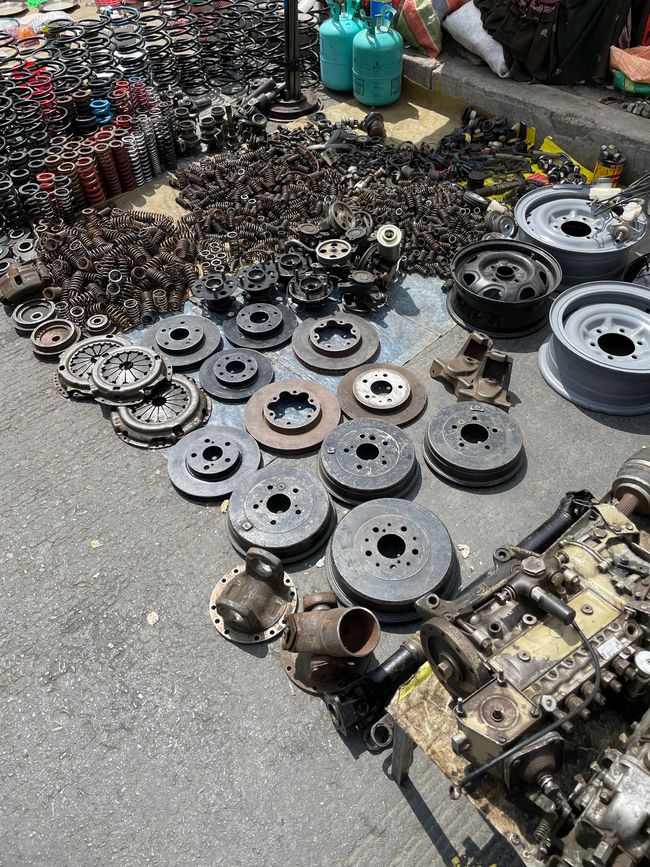
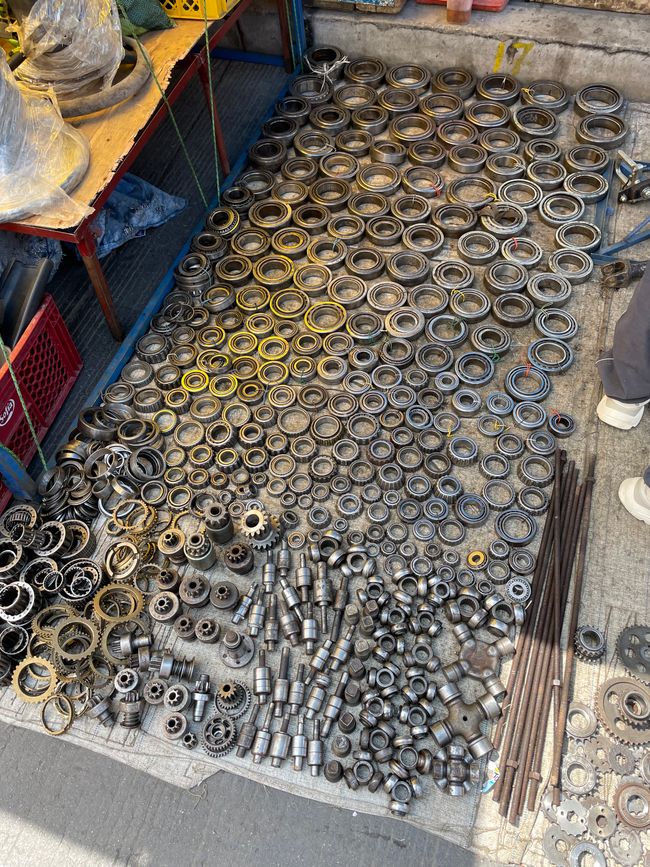
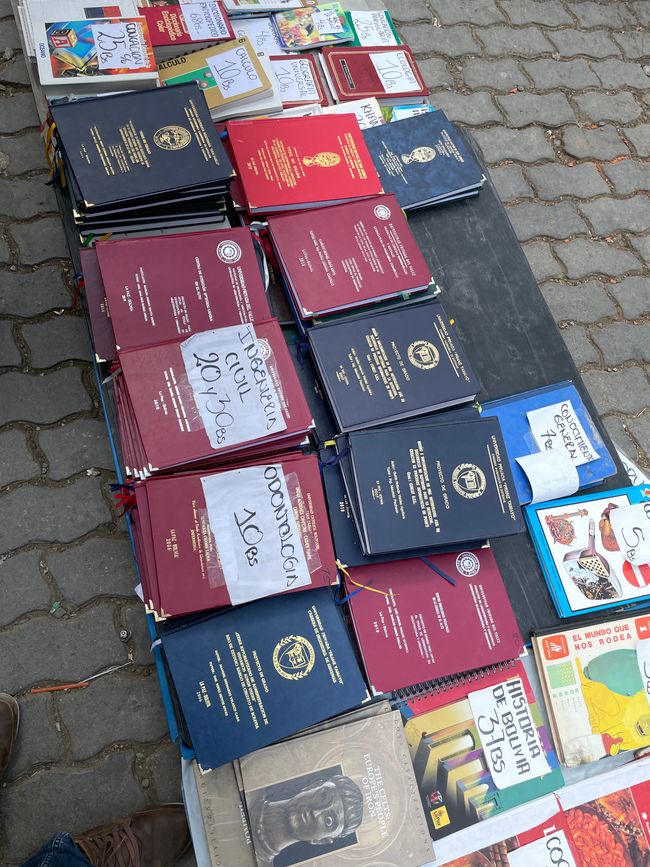
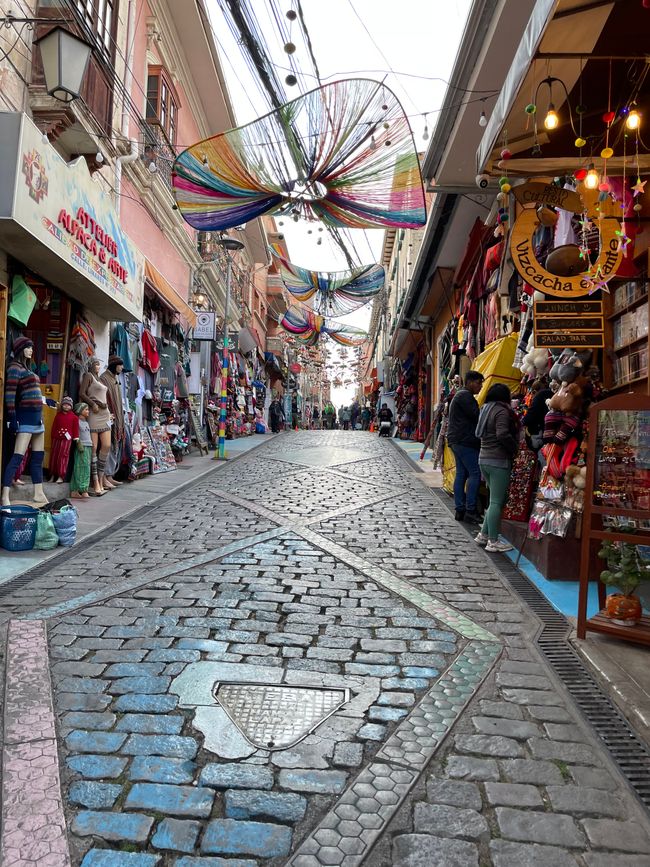
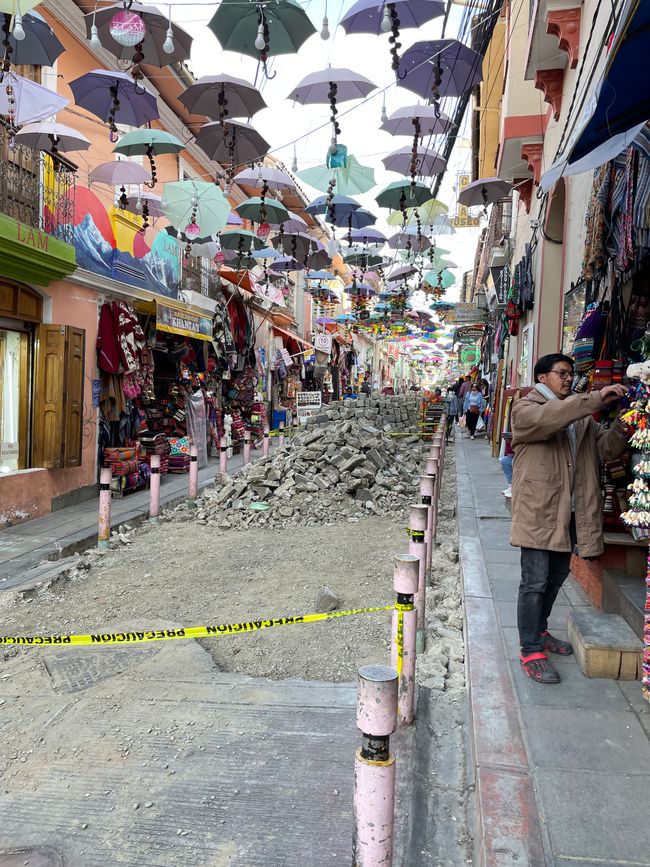
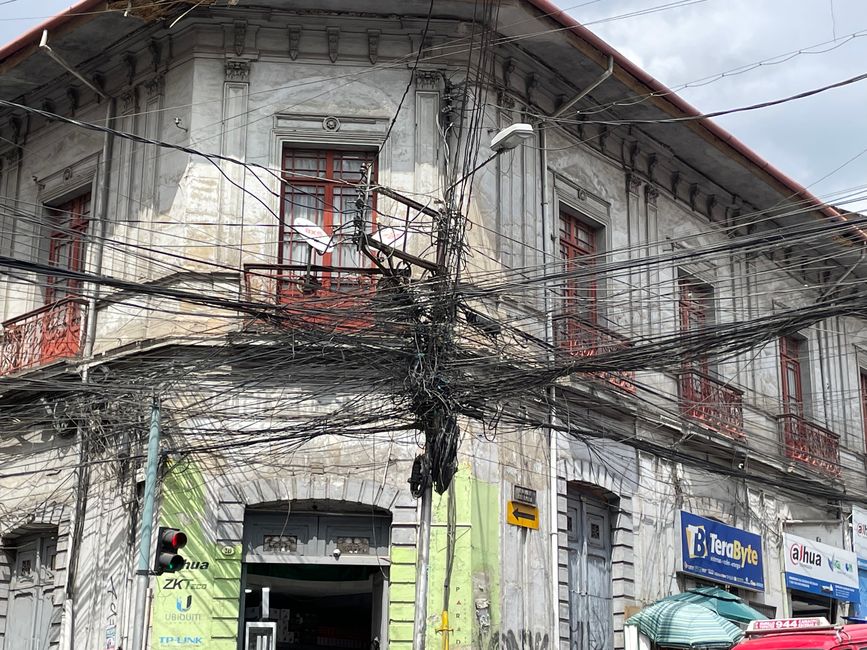
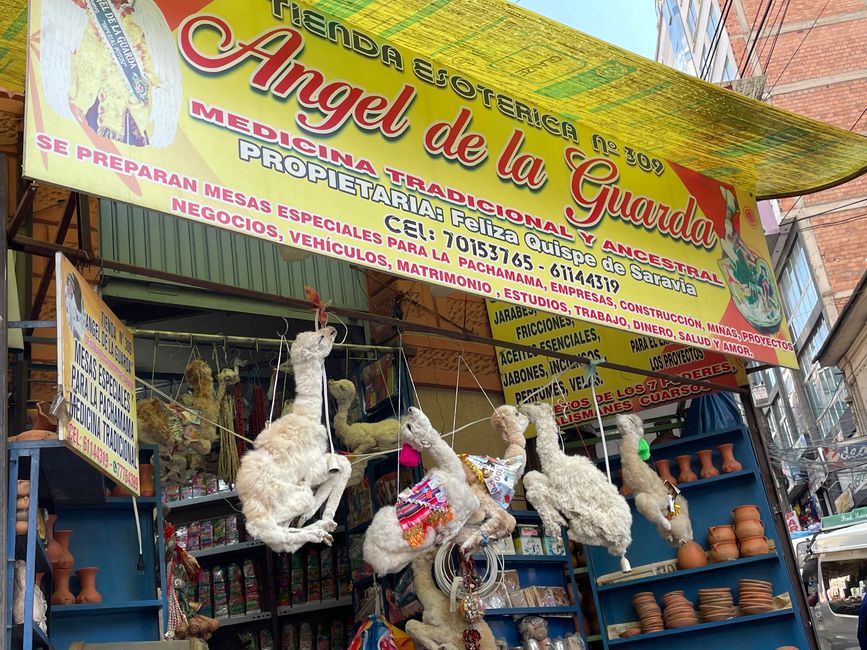
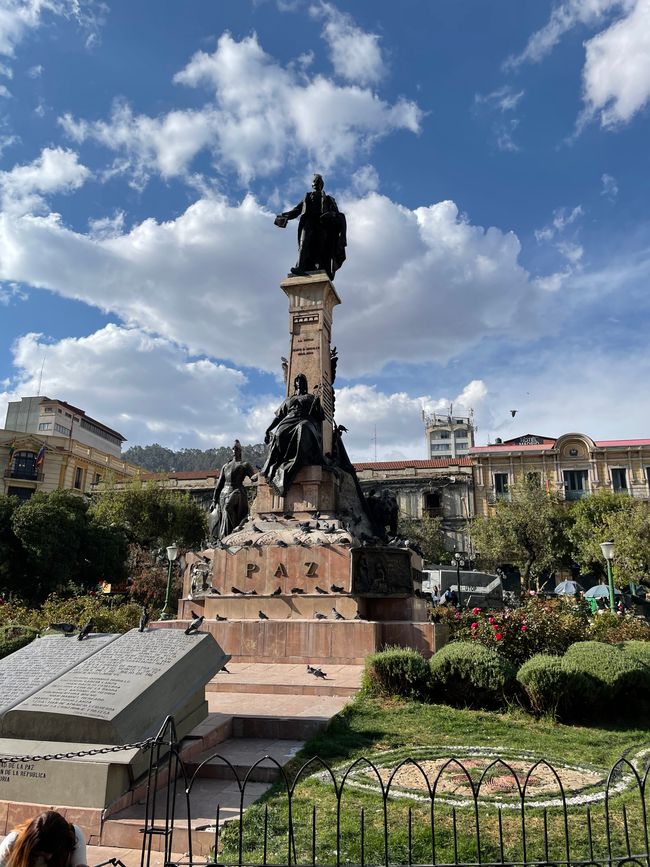
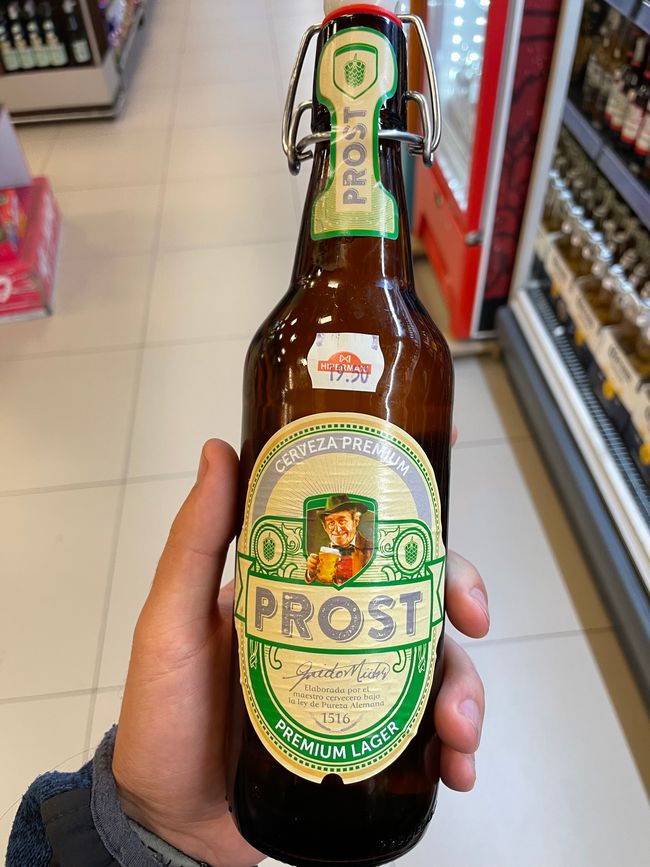
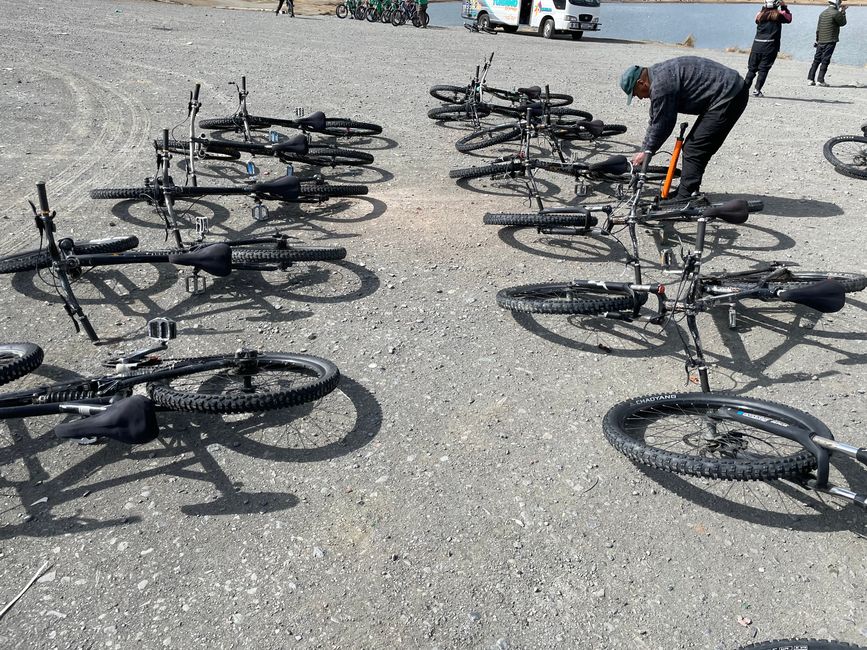
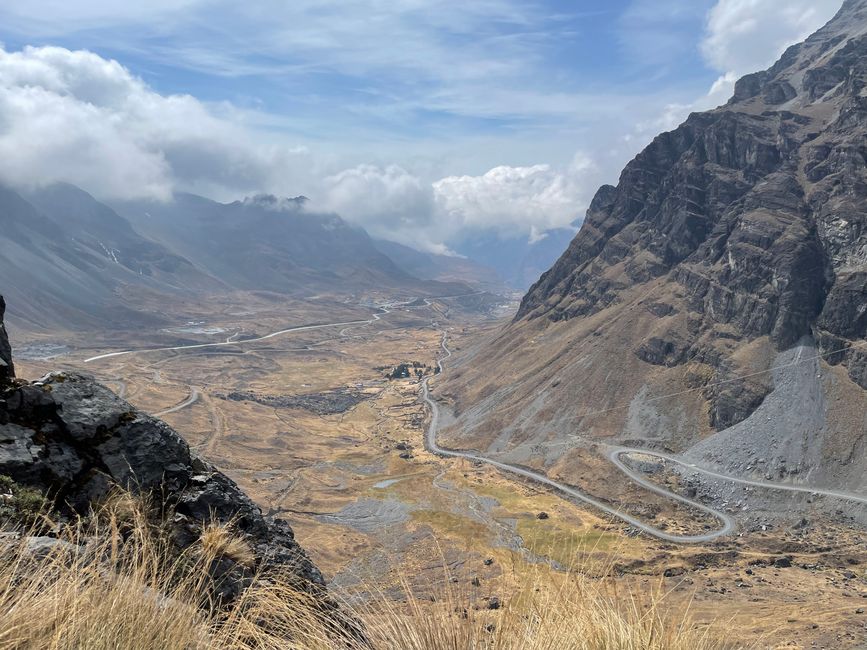
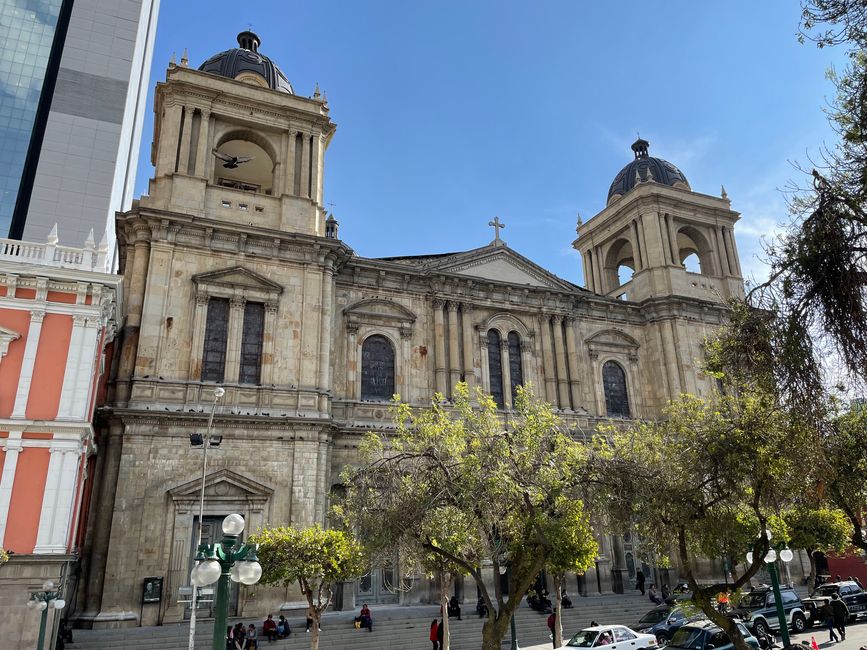
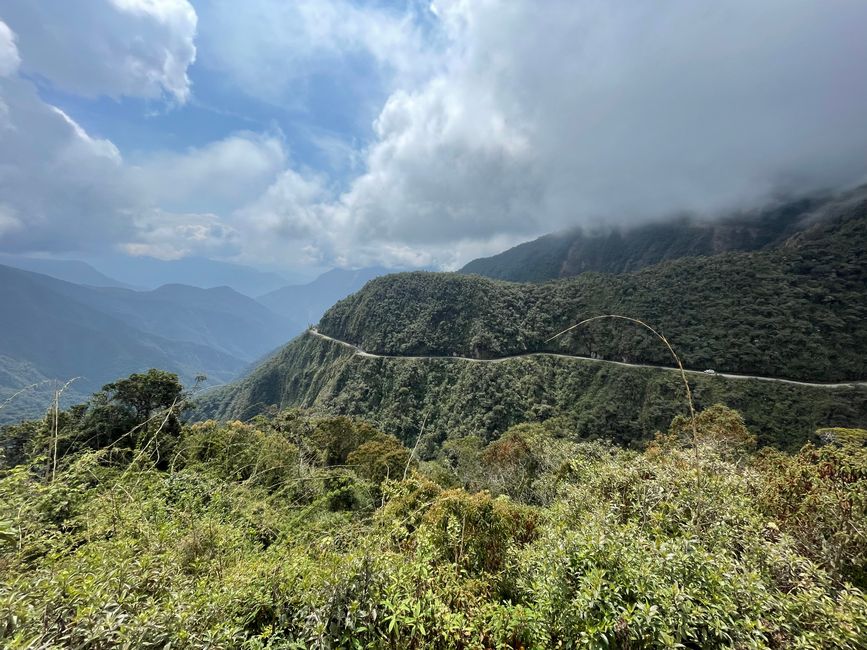
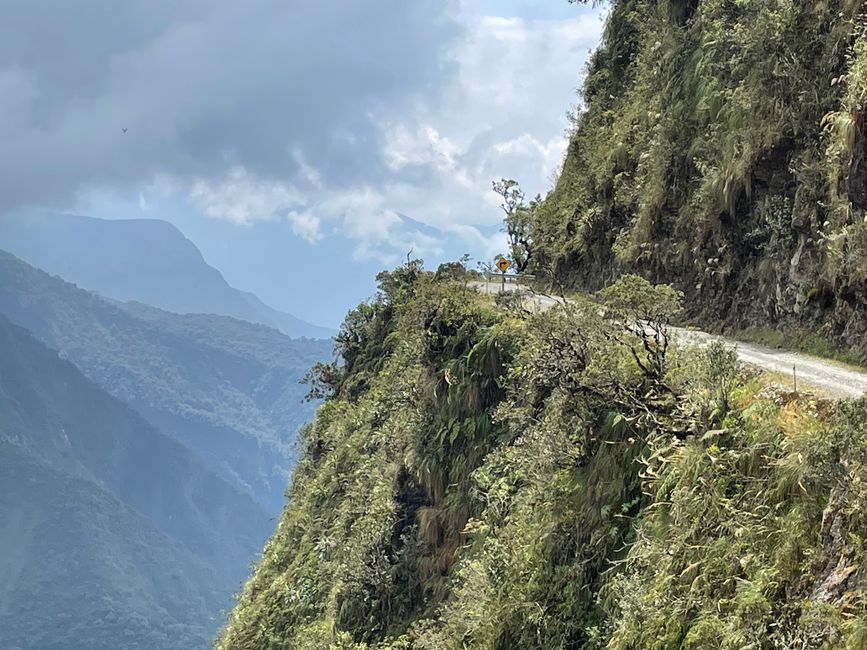
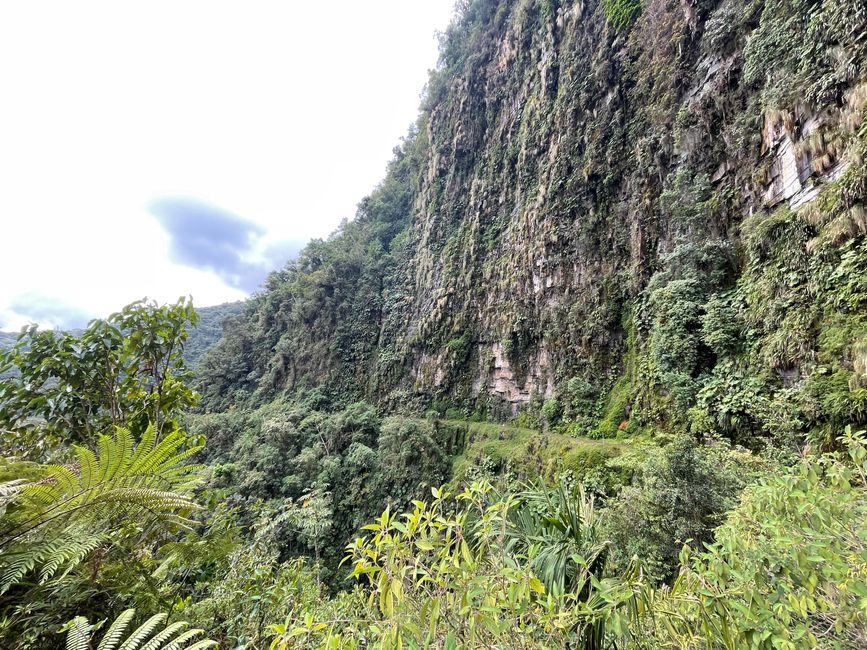
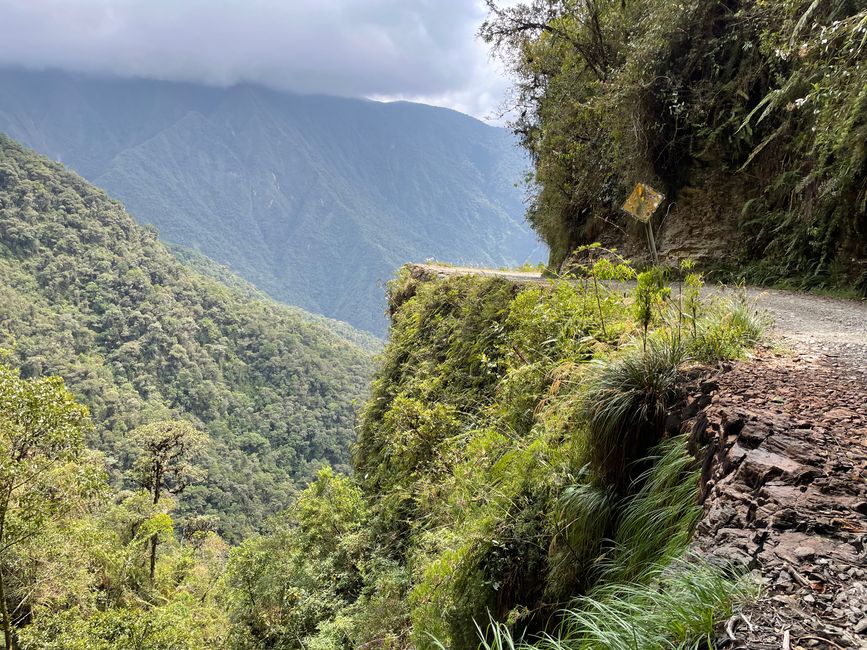
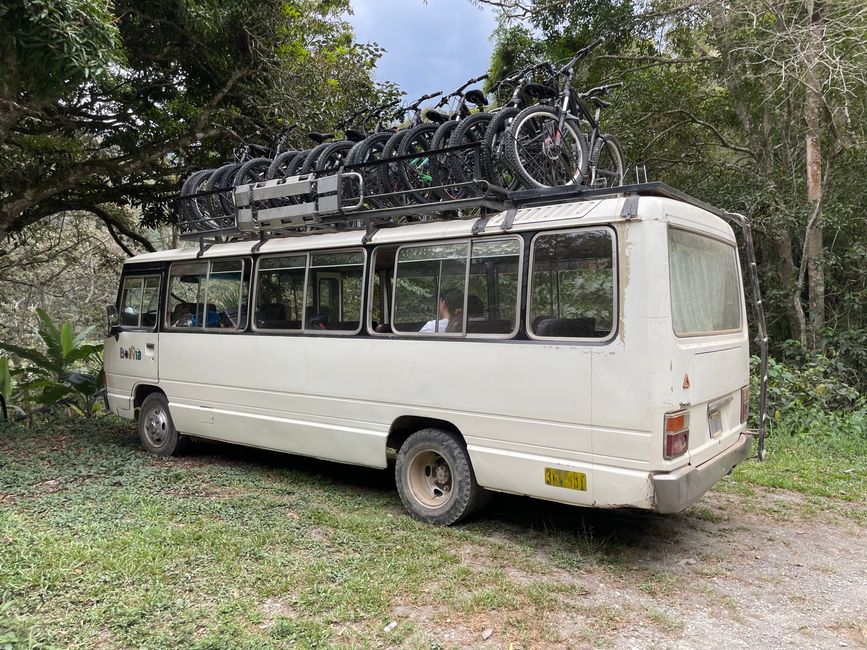
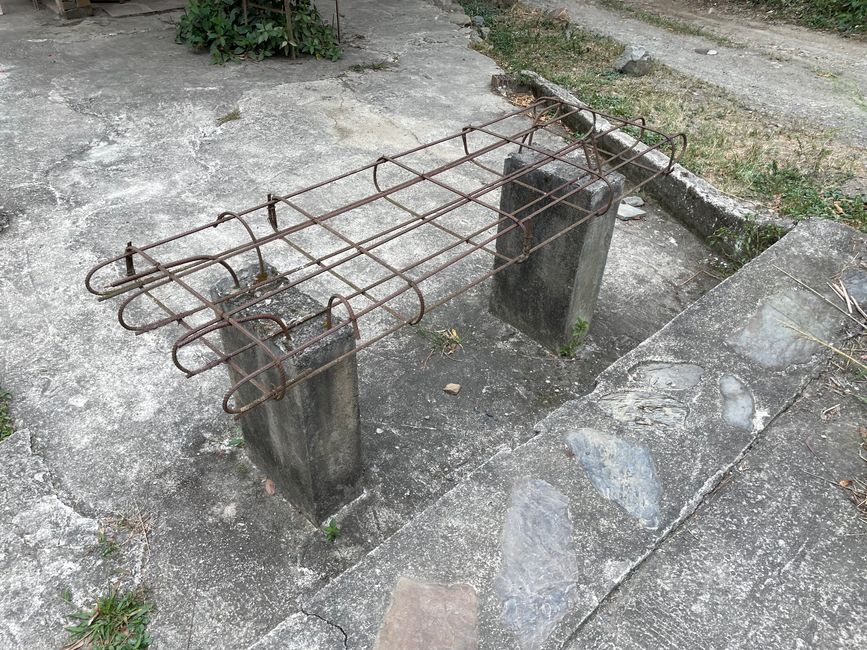
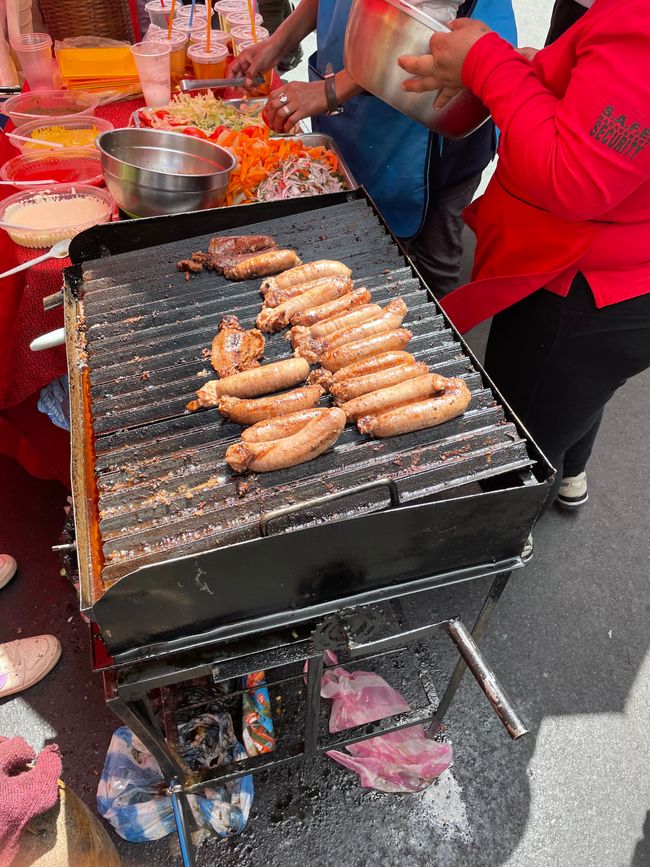
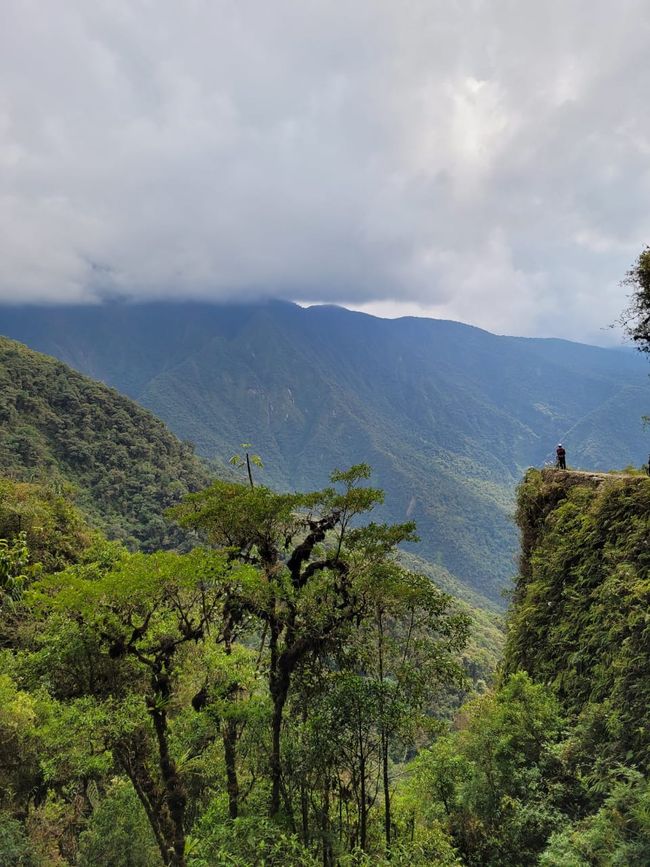
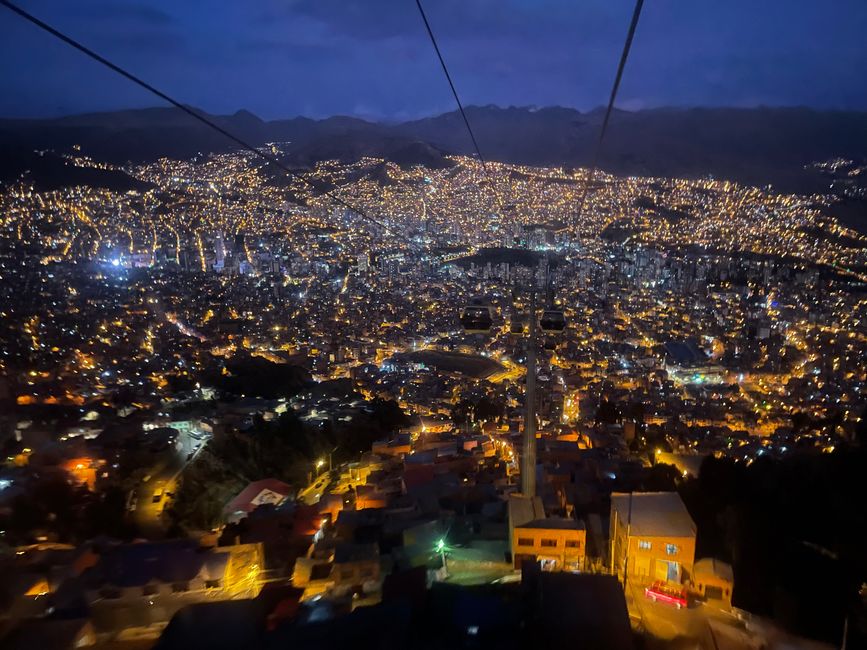
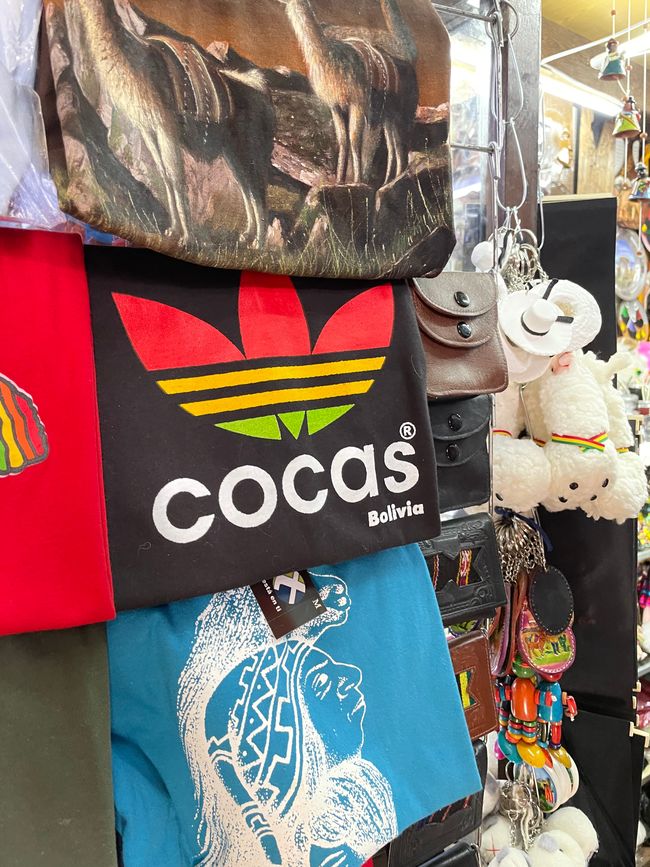
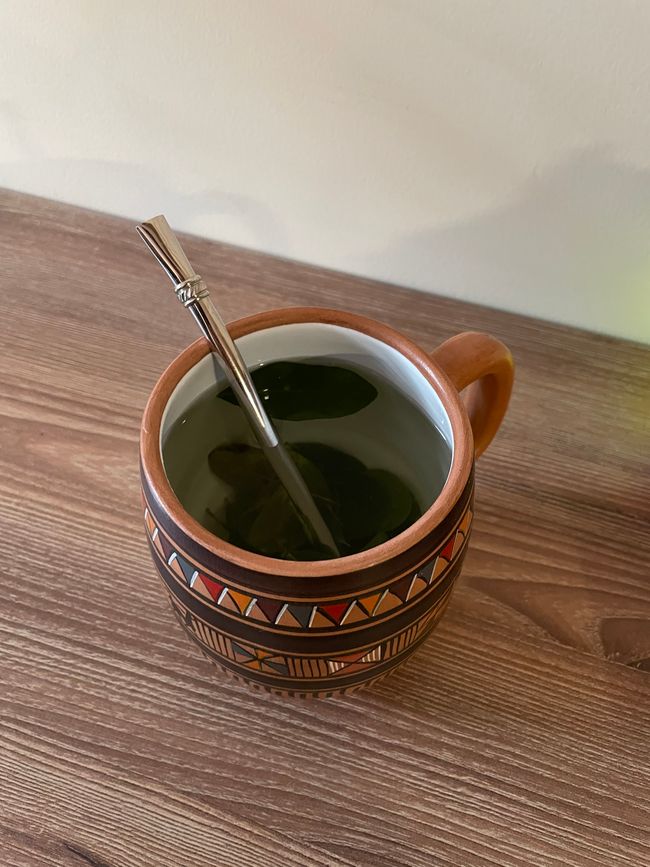
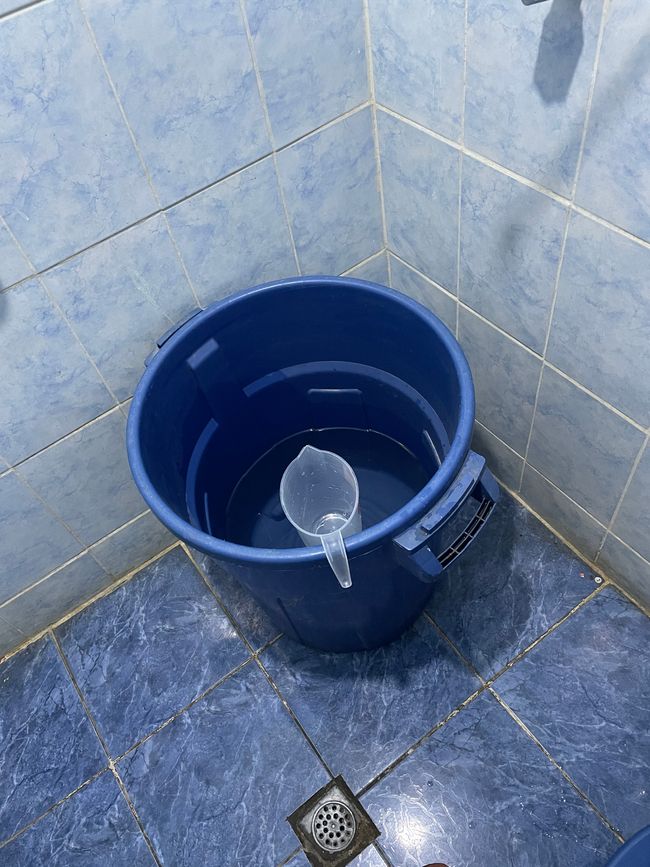
Habar býulletenine ýazylyň
Our trip to La Paz (Bolivia) was actually supposed to take place on August 28th. start at around 10:00 p.m. in the evening. However, I gave the wrong date when booking the bus, which is why we only arrived 24 hours later, on August 29th. lead. The journey by bus took 15-16 hours, after all it is around 650 km. We booked Cama class, which is basically the first class of South American buses and luckily we had seats in the first row on the upper floor. La Paz' and El Alto's traffic also stands out in a South American comparison. Basically, the horn is always honked, people always drive regardless of the color of the traffic lights or any pedestrians, and if the Bolivians don't like something (politically), they simply close the streets. Of course this was also the case with us, the coach (double-decker) had to drive through small side streets for which it was actually much too big. We arrived at our accommodation around 2:20 p.m. and had to wait until around 3:00 p.m. before we were allowed in. We looked around the surrounding area of our accommodation near the Plaza Isabel La Católica, went shopping briefly and not much else happened.
Unfortunately, Caro caught a bit of a cold in the days before, which is why she was lying flat on August 31st and couldn't do anything. That's why on this day (a Thursday) I went to the Feria 16 de Julio in El Alto - the largest open-air market in South America. El Alto ("the height") lies - as the name suggests - above La Paz ("the peace") at an altitude between 4100 and 4200m. Basically, “the higher, the poorer” and therefore “the more dangerous”. But if you don't inform yourself beforehand, you'll still go there alone. There is nothing on the market that doesn't exist. Really nothing. I'm pretty sure you can put together your own car here according to your preferences. There are building materials (wood, metal, stone, cement, ...), spare parts for everything you can imagine, stolen goods as far as the eye can see ("used" cell phones, wallets, watches, ...), clothing (new and... used), weapons (brass knuckles, (folding) knives and, in the right place, firearms), police and military clothing (looks real, I can't judge to what extent it is real), bulletproof vests, PC software (in the cent range, there burned black), DVDs, Blurays, dubious medicines and remedies (tablets for everything, hallucinogenic plants, ...), household appliances and so on. I took the gondola to El Alto (together La Paz and El Alto have the world's largest urban cable car network), the ride costs the equivalent of 40 cents. From El Alto back to La Paz I took the colectivo, which costs about 30 cents. Shortly before I went to the Colectivo they tried to steal from me (a relatively well-known scam, first they spray me with some slimy liquid and then they want to "clean" me - and take my valuables). Luckily that didn't work. That evening I also tried to get into the prison in La Paz (Cárcel de San Pedro), but that's another story.
The next day (September 1st) we visited the old town of La Paz together with many historical buildings (prison, churches, markets, squares, etc.) and stopped at several travel agencies to book a few tours. For example, I wanted to cycle down what was once the most dangerous road in the world and later we wanted to go on a three-day tour to the Salar de Uyuni together. As is almost common practice lately, we grabbed the cheapest prices, significantly cheaper than some of our later fellow travelers. Although offering the cheapest price for the Death Road Tour might not have been the best idea. The bikes were in absolutely terrible condition (gear shifting didn't work, but according to the guide you don't need it because it only goes downhill anyway and the front brake worked... at least not well). The equipment was in crappy condition and they almost forgot to pick me up. The tour itself was fine and fun, even though my wrists and forearms (as an inexperienced downhill rider) were still hurting two days later.
On September 3rd was a "holiday" in La Paz and El Alto (Día del Peatón, the so-called pedestrian day). Vehicles were banned throughout the city from 6 a.m. to 6 p.m. We saw the city and later took a trip to El Alto together, as Caro also wanted to see the huge market (which is only on Thursdays and Sundays). On September 4th All that was left on the agenda was a little strolling. In the evening we took the bus to Uyuni, the journey took about 9-10 hours and we arrived early at 6:30 a.m. at a relaxed -7 °C.
Habar býulletenine ýazylyň
Jogap
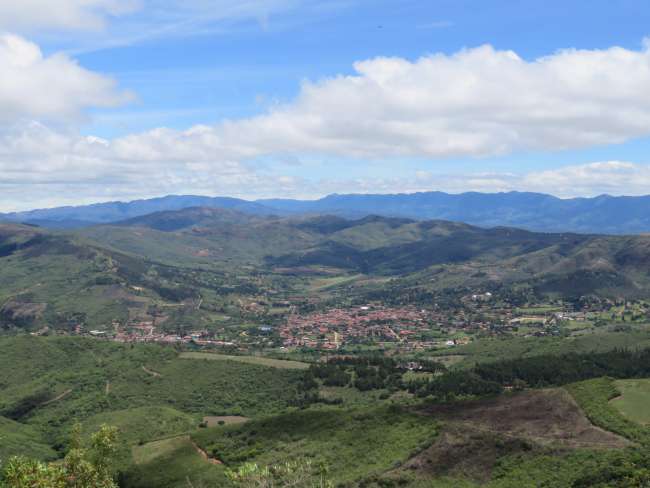
Syýahat hasabaty Boliwiýa
